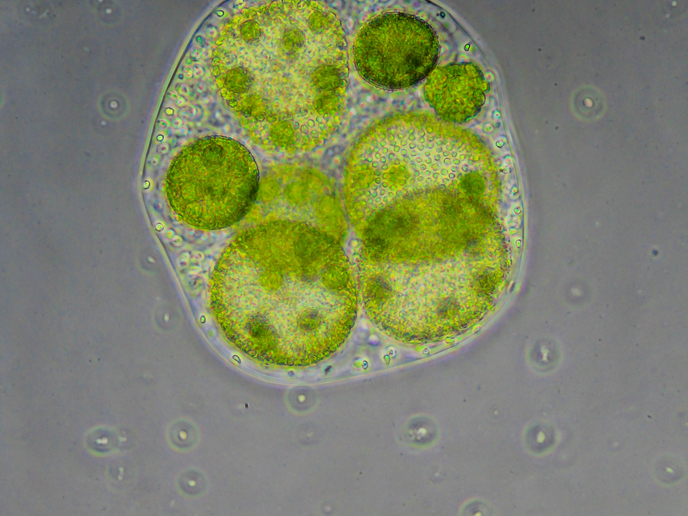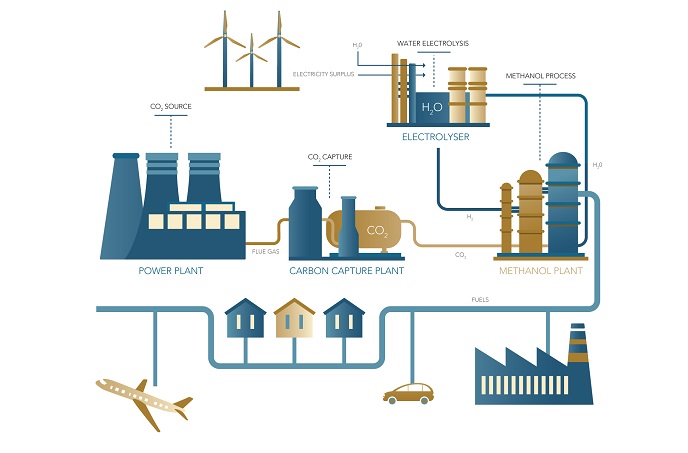Towards more efficient bioethanol production
The EU is at the forefront of technology development and deployment in the use of lignocellulosic biomass for fuel production. Main barrier to widespread implementation is the high costs associated with using enzymes for the conversion of sugars from crops such as corn into ethanol. Scientists initiated the EU-funded project 'High efficiency consolidated bioprocess technology for lignocellulose ethanol' (HYPE) to address this issue. They investigated process improvements and consolidations to reduce enzyme use and energy consumption. Enzymes capable of higher yields of important pentoses (5-carbon sugars) and hexoses (6-carbon sugars) from the biomass as well as efficient hydrolysis and fermentation were sought. Straw, an important and widely available feedstock that does not compete with food production, was chosen as the case study. Researchers developed a steam pre-treatment method that uses only steam, produces few degradation by-products and provides a carbohydrate-mix well suited to the next hydrolysis step. Various techniques were used to screen and characterise enzymes suitable for liquefaction of viscous biomass (low water content, high biomass content). Conventional dilute systems are not cost-effective yet were necessary in the past due to issues with processability, enzyme inefficiency and build-up of degradation products. The team then optimised the conditions for simultaneous saccharification and fermentation (SSF) to reduce enzyme use through appropriate operating conditions as well as recovery and recyclation. Finally, the team integrated SSF with product recovery through a novel distillation process based on mechanical vapour recompression (MVR). This technique significantly reduced energy consumption and associated production costs. A demonstration plant is currently implementing the integrated or consolidated process developed by HYPE with expected increase in ethanol yield of around 50 %. In the ultimate consolidated process, the same organism (the producers of the enzymes) will hydrolyse the biomass and ferment the resulting sugars. Until then, the impressive increases in ethanol production expected by HYPE's upgrades should be more than enough to fuel a transportation transformation.







